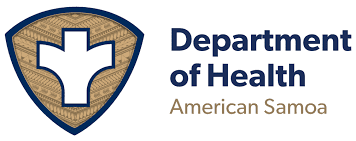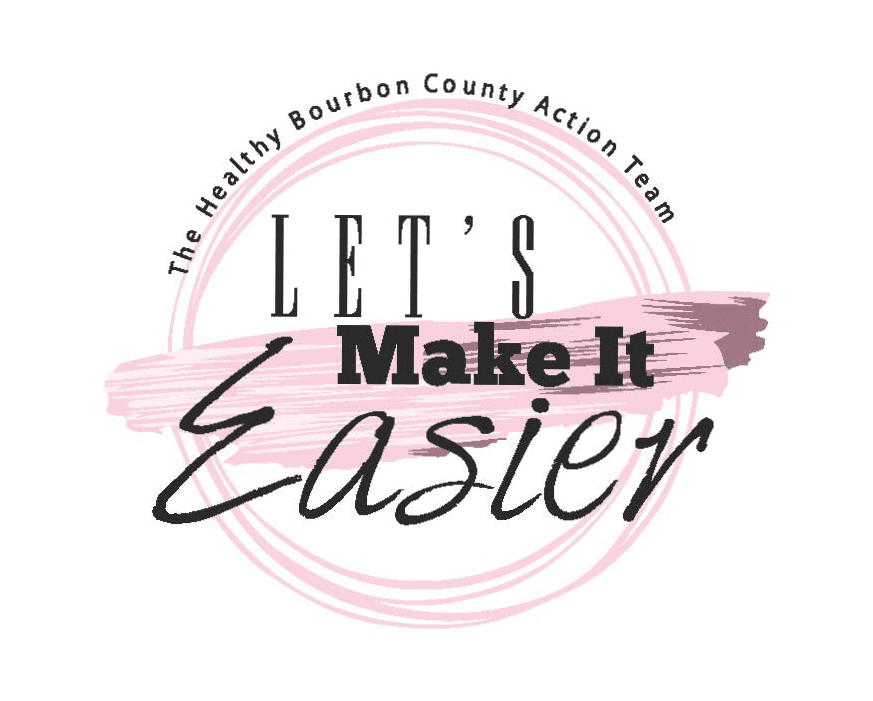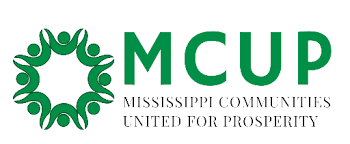Increasing Community Capacity: How Rural Communities Are Impacting Lead Poisoning Prevention, Part 2
by Ashely Campbell
This is part two of a three-part series. Read part one here. Part three will be published on April 23.
In our previous blog, we discussed 2023 Lead Poisoning Prevention Mini Grants, highlighted the need for funding, and provided a brief overview of the grantee’s accomplishments. In this installment, we’ll take a closer look at the challenges and successes of three dynamic rural grantees, the American Samoa Department of Health, the Healthy Bourbon County Action Team, and Mississippi Communities United for Prosperity.
American Samoa Department of Health, Pago Pago, American Samoa
 American Samoa tackled lead poisoning prevention head-on by establishing the territory’s first lead program within its department of health. The department used grant funds to purchase three Lead Care II machines, which will allow the territory to start conducting blood lead testing and identifying populations exposed to lead. These efforts will allow American Samoa to both educate and serve families and collect the first-ever data on potential lead risks and exposure sources in the territory. American Samoa hopes the data will provide greater context to the existing gaps, helping them better understand the needs.
American Samoa tackled lead poisoning prevention head-on by establishing the territory’s first lead program within its department of health. The department used grant funds to purchase three Lead Care II machines, which will allow the territory to start conducting blood lead testing and identifying populations exposed to lead. These efforts will allow American Samoa to both educate and serve families and collect the first-ever data on potential lead risks and exposure sources in the territory. American Samoa hopes the data will provide greater context to the existing gaps, helping them better understand the needs.
In addition to purchasing equipment, American Samoa educated other territorial health staff, built new partnerships with programs, including Maternal and Child Health and MIECHV, and drafted a lead poisoning prevention plan. These activities are the foundation of American Samoa’s lead poisoning prevention program and will support the sustainability of the program beyond the project period. American Samoa plans to pursue other funding to support the identification of lead hazards (e.g., through the purchase of an XRF machine), lead hazard reduction, and workforce capacity. Even with delays in delivery of the Lead Care II machines and lack of previous blood lead data, American Samoa built the foundation for the territory’s first lead poisoning prevention program and, with plans for sustainability and funding support, they will continue the momentum created so far.
Healthy Bourbon County Action Team, Fort Scott, Kansas
Community engagement, partnership, and collaboration were the core of Healthy Bourbon County Action Team’s (HBCAT) project. HBCAT successfully built local capacity for lead poisoning prevention work by engaging community members and partners as well as investing time in understanding the policy landscape. HBCAT established a significant partnership with the University of Kansas Medical that strengthened the outcomes of the project. HBCAT investigated the policies and programs of eight states and trained staff to become certified on policy mapping to carefully build their own lead toolkit with a focus on blood lead testing and lead in homes. HBCAT successfully developed a policy toolkit that contains evidence-based approaches to addressing lead exposure in rural communities in their state.
 While HBCAT made great strides with the policy mapping and the toolkit, they also faced challenges mainly due to limited lead data, particularly in testing. In some areas, lead exposure was a relatively new concern; therefore, its significance was not widely recognized. To combat this challenge, the project team focused on community engagement including listening to residents and understanding their concerns. HBCAT worked extensively throughout the project period to engage community leaders and partners, holding several network meetings with local elected officials, public health, residents, and academic colleagues. Positive news coverage helped contribute to new partnerships. HBCAT also built a relationship with the state lead program.
While HBCAT made great strides with the policy mapping and the toolkit, they also faced challenges mainly due to limited lead data, particularly in testing. In some areas, lead exposure was a relatively new concern; therefore, its significance was not widely recognized. To combat this challenge, the project team focused on community engagement including listening to residents and understanding their concerns. HBCAT worked extensively throughout the project period to engage community leaders and partners, holding several network meetings with local elected officials, public health, residents, and academic colleagues. Positive news coverage helped contribute to new partnerships. HBCAT also built a relationship with the state lead program.
Their newly developed policy toolkit will now function as a structured resource to focus efforts on policy change, and the dedicated time to community engagement and education has generated excitement and receptiveness from community partners. This project showcased what can happen when collaboration takes place between higher education and local community-based organizations. HBCAT is pursuing additional funding opportunities and further partnerships with the state health department.
Mississippi Communities United for Prosperity, Duck Hill, Mississippi
Driven by the desire to strengthen partnerships, exchange ideas, and foster collaboration to impact change and reduce lead exposure for children, Mississippi Communities United for Prosperity (MCUP) focused on establishing a lead and healthy homes coalition. During the project period, MCUP engaged new and continued partnerships with local, state, and national organizations and agencies, including NCHH, the Environmental Policy Innovation Center, the Mississippi Department of Health, Mississippi State University, and Head Start directors, social workers, and parents to build the lead and healthy homes coalition.
 On August 15, 2024, MCUP successfully launched the Mississippi Zero Lead and Healthy Housing Solutions Coalition. The Coalition will be a statewide effort piloted in three counties.
On August 15, 2024, MCUP successfully launched the Mississippi Zero Lead and Healthy Housing Solutions Coalition. The Coalition will be a statewide effort piloted in three counties.
Along with building a strong coalition, MCUP developed and implemented a “Get the Lead Out” awareness campaign and distributed materials through community awareness forums, Head Start, schools, churches, and community health centers. To continue the momentum, MCUP is actively identifying, preparing, and submitting proposals for additional funding.
In the next installment of the series, we’ll delve into the accomplishments of the remaining Increasing Rural Community Capacity for Lead Poisoning Prevention grantees.
Sarah Goodwin also contributed to this blog.
 Ashely Campbell, MPH, CHES, Public Health Analyst, joined the National Center for Healthy Housing in October 2022. A former summer policy intern with NCHH, she holds a Master of Public Health degree from Liberty University and a Bachelor of Arts in Sociology degree from the University of North Carolina at Chapel Hill. Ashely has a passion for helping others, particularly with improving their health and the health of their communities, schools, workplaces, and more; she does so by addressing social determinants of health, health equity, and disparities. Ashely earned her Certified Health Education Specialist (CHES) credential in 2023.
Ashely Campbell, MPH, CHES, Public Health Analyst, joined the National Center for Healthy Housing in October 2022. A former summer policy intern with NCHH, she holds a Master of Public Health degree from Liberty University and a Bachelor of Arts in Sociology degree from the University of North Carolina at Chapel Hill. Ashely has a passion for helping others, particularly with improving their health and the health of their communities, schools, workplaces, and more; she does so by addressing social determinants of health, health equity, and disparities. Ashely earned her Certified Health Education Specialist (CHES) credential in 2023.
